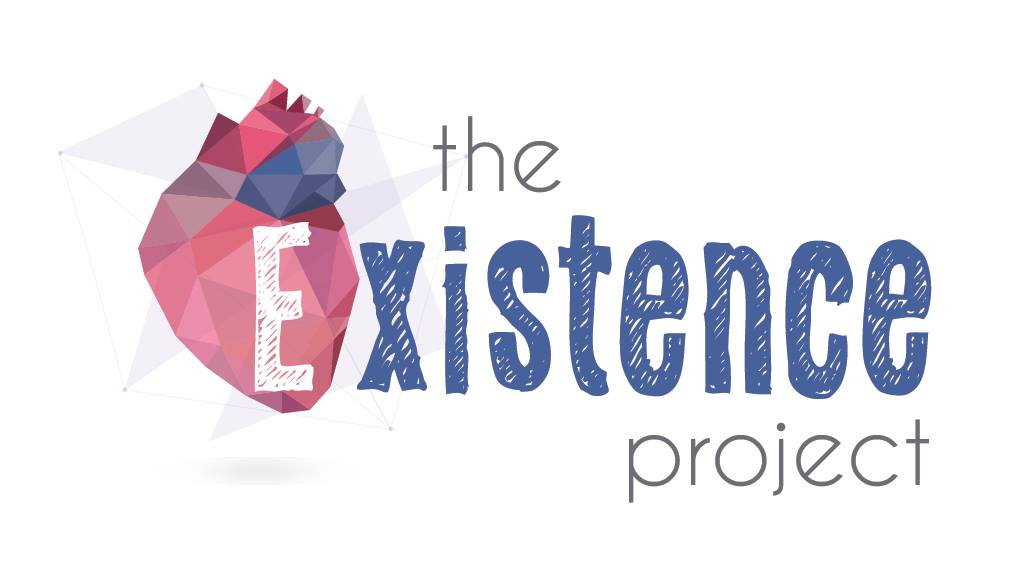Workshops enable people experiencing homelessness in Victoria to share their stories

Marginalized communities lie in the periphery of society, and in the periphery of most people’s attention. People in marginalized communities need to connect with each other to overcome feelings of neglect and isolation together.
The Existence Project holds workshops to connect people over common experiences of homelessness. At each workshop, a storyteller with lived experiences of homelessness is trained to narrate their story to a group of people.
“Victoria has the highest rate of homelessness per capita, and that’s a growing number. You’re also looking at a demographic that’s 80 per cent men,” said Marko Curuvija, the founder of The Existence Project. “There’s something about masculinity that contributes to that … there’s a reason for that disparity in a gender-based context.”
He explains that the causes of this crisis include stigma, isolation, and a lack of places where people can connect across different socio-economic strata.
The Existence Project trains storytellers to present in workshops across the city out of schools, public venues, and shelters, including the Anawim house and the Peers Victoria Resources Society. Strategically, an artist, a student guest, and a community ally are invited to each workshop, in addition to the participants themselves.
These groups are chosen because they can influence people with their beliefs. Students are typically open-minded and socially active and will be taking on leadership roles in the future. Artists have social influence because “there’s a language of art … that avoids partisanship, and is accessible to a large audience,” says Curuvija. The community guest is someone who typically works within the government.
Additionally, these three groups of people are invited to the workshops to increase communication between marginalized communities and the rest of society.
“A lot of the misconceptions we have at multiple levels of society when it comes to social segregation and our perceptions specifically on more marginalized people, is from a lack of interaction [with people] within them,” Curuvija explains.
Curuvija created The Existence Project after interacting with people who experience homelessness. Curuvija talked to one such man in Ottawa and discovered that the man was in pain because he was hit by a car. He was too old for surgery and did not receive medical care. He was using a broken walker.
From there, Curuvija set out to do investigative journalism and started interviewing people on the streets of Victoria.
“The goal was to connect our community through storytelling … and my hope was that by creating a platform for these kinds of voices to be shared I was going to be able to help build ally-ship in the wider community,” he says.
The Existence Project grew over the years and more people got involved. UVic graduate Meera Mathew got involved with The Existence Project through community-engaged learning during her sociology degree.
“Meera is a force on her own,” explains Curuvija, “and she’s really taken her school projects to the next level.”
The project held its first workshop at Peers Resource Society on Feb. 4. The Peers Victoria Resources Society is an agency that was established by, with, and for sex workers in 1995. At the workshop, community members came together to discuss their experience as workers in the sex industry.
Hilary Marks was the trained guest speaker for the workshop at the Society. Before her speech, she was trained on how to communicate her story at the workshop, including helping her make cue cards.
Marks’s story is one that is difficult to compress onto cue cards. She experienced neglect and isolation as a child. This trauma influenced her to look for love and acceptance in other places. She turned to what was once painted in glamour and glory: prostitution, to use the term for when she entered the industry. Marks suffered from addiction, homelessness, and other traumas that are difficult to put into words.
Another participant in the workshop joined the sex industry as a tool for expression and self-exploration. She talked about sexual health and enjoyment. She believes that people should explore and become their most authentic selves in whatever way is best for them.
People become sex workers for a variety of reasons. Some choose to; others have to. These extremes make up a spectrum of how people enter the sex trade which is coloured with positives and negatives on both sides. At this workshop, people from both ends of the spectrum shared their decisions on why they entered the trade. By having the opportunity to discuss and relate to others with similar experiences, people found comfort and connection and overcame feelings of isolation by seeing their experiences mirrored in others.
This is what The Existence Project strives to do: connect people across different socio-economic strata. At the workshops, marginalized communities enter a space where they can connect and overcome feelings of isolation. The Existence Project continually strives to bring these communities out of the edges of society and to equip them with tools to make their voices heard and narrate their own stories.







